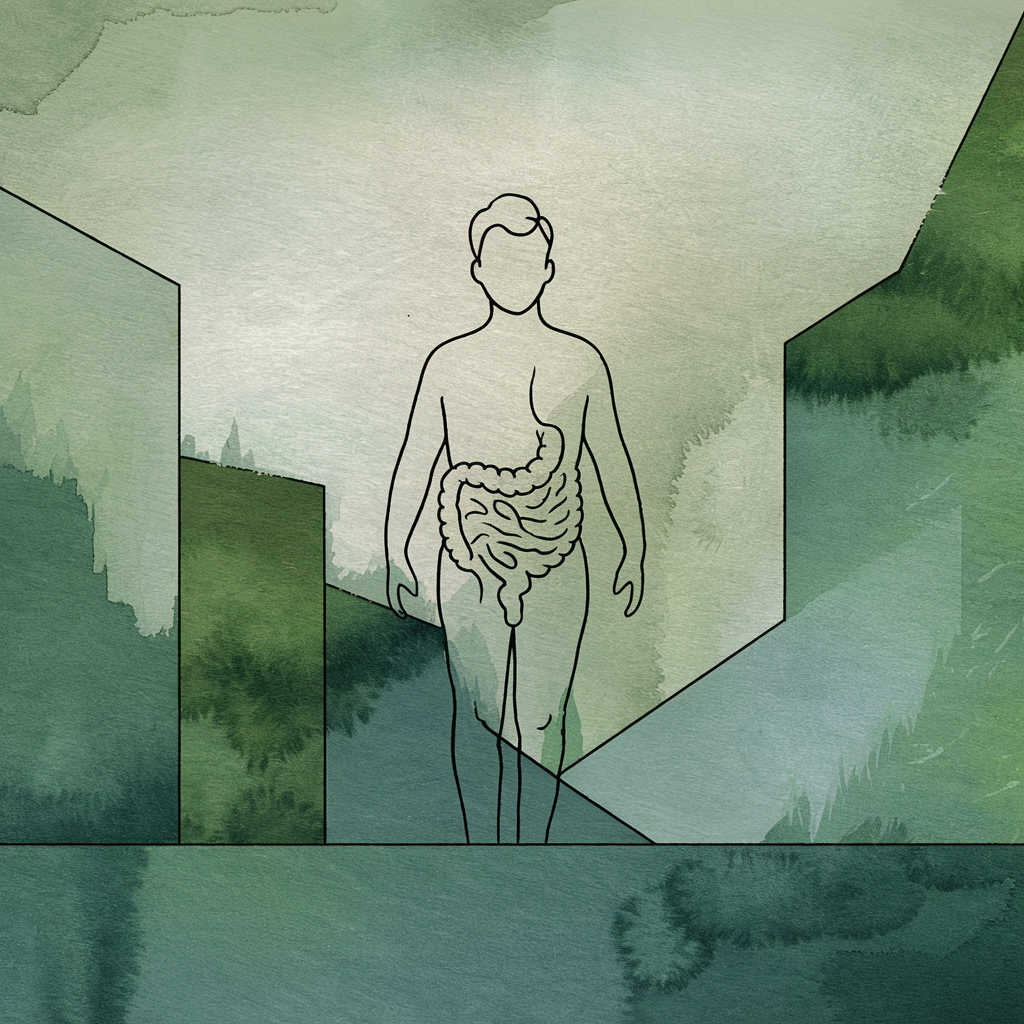Refractory Crohn’s disease (CD) presents a significant clinical challenge, with limited treatment options for patients who do not respond to available therapies. Research presented at the 20th Congress of the European Crohn’s and Colitis Organisation (ECCO) suggests that autologous stem cell transplantation (ASCT) could be a viable option for this difficult-to-treat population.
Dr. Louis Cohen and his research team at Mount Sinai (NY, USA) evaluated ASCT in 104 participants with refractory CD—patients who had not responded to any approved medications and were not candidates for surgery. Of the 68 participants included in the current analysis, 65% achieved clinical remission at two years, while an additional 7% showed clinical improvement. Endoscopic assessments revealed that 54% of patients were in endoscopic remission, with another 22% showing a partial response.
Beyond symptom relief, ASCT appeared to enhance the overall quality of life for participants. Notably, the procedure did not result in any major long-term complications such as renal failure, malignancy, or mortality. Dr. Cohen emphasized the importance of conducting ASCT in specialized centers.
Given that the five-year mortality rate in refractory CD cases is approximately 13%, Dr. Cohen noted that “doing nothing is doing harm.” Moving forward, it could become an established treatment option for patients with severe CD.


